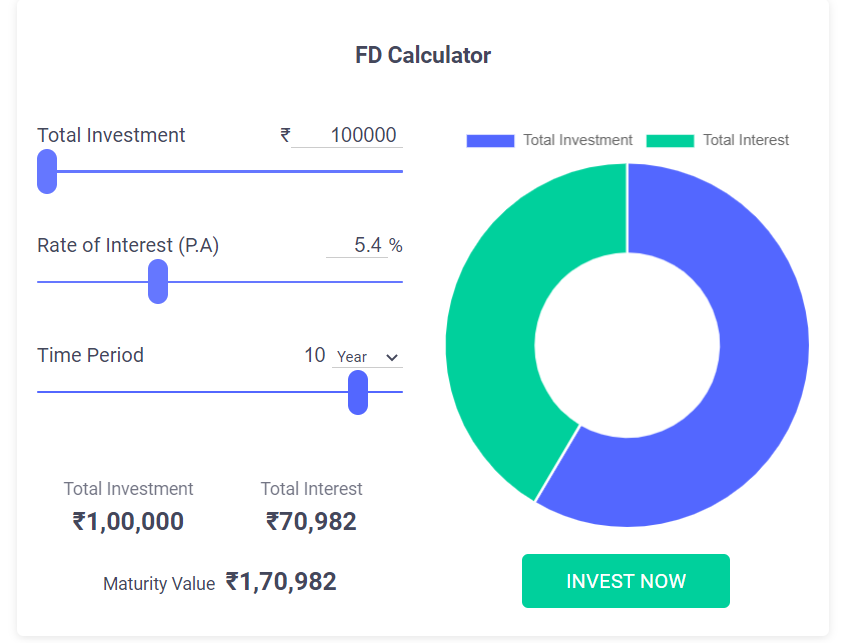
Warren Buffett is the richest investor of all time. Everyone knows that, but he is not actually the greatest-when measured by average annual returns. Jim Simons, the one who runs the most successful hedge fund in the world Renaissance Technologies has made 66% annually since 1988
No one comes close to this record. Warren Buffett has compounded around 22% annually. But how come he is richer than Jim Simons who has made higher returns than Warren Buffett.
Warren Buffet started investing at his very early age when he was 10 years old. His networth is around $85 billion, of that $84.2 billion was accumulated after his 50th birthday. His skill is investing, but his secret is time. 

Jim Simons net worth is $21 Billion, which is 75% less than Warren Buffett net worth. Even though his avg annual returns is higher than Buffett, he couldn't beat him, because Jim Simons did not get into investing/trading until he was 50 years old.
That makes all the difference, that's why they say time in the market is more important than timing the market. The key to big wealth lies in the time. That's why no one could beat Warren Buffett, because no one has started as early as him. Invest early, hold onto it forever.
• • •
Missing some Tweet in this thread? You can try to
force a refresh









